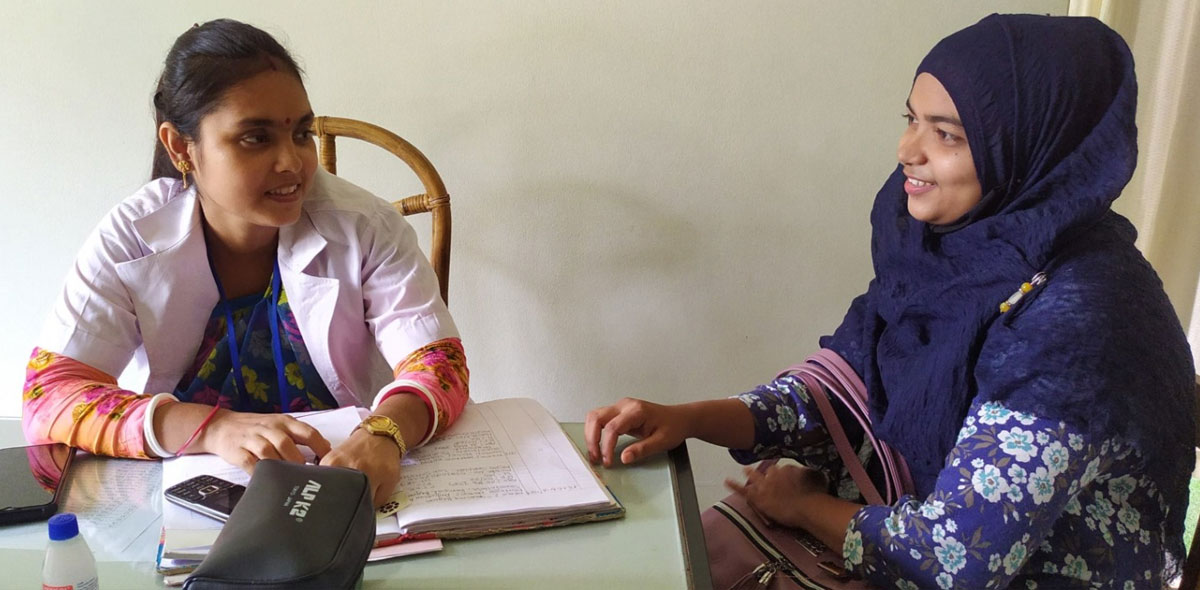
Background
The goal of the STEM (Science-Technology-Engineering-Medicine) Translational Communication Center (STCC) is to improve human health and well-being by making scientific research more accessible, understandable, and usable. We will create strategic international partnerships among university researchers, community members, the healthcare industry, and the environmental sector around evidence-based communication. We will improve the messages, techniques, and strategies in cancer, chronic diseases, and the environment in order to enhance individual, family, group, and policy-level decision-making.
Effective communication is essential for translating and disseminating knowledge to individuals, families, healthcare providers, communities, and policy-makers. The purpose of the Center is to facilitate the creation of new knowledge as well as dissemination of information to improve informed decision-making on topics that affect our health, security, and the environment.
More specific
The Center will serve as an interdisciplinary group of faculty, postdoctoral trainees, graduate students, undergraduate students, and practitioners from diverse areas including communication, medicine, agriculture, engineering, public health, nursing, computer science, and the arts. The Center focuses on several strategic goals to foster growth and development.
The first strategic goal is to create a network of researchers and practitioners with shared interest in translational communication efforts. The Center will serve a bridge among different academic disciplines and non-profit organizations. To achieve this end, the Center will offer monthly seminars to facilitate relationship-building and knowledge sharing across sectors.
The second strategic goal is to support exploration of translational communication questions in Bangladesh. In partnership of University of Florida, the Center supports researchers in the development of important scientific questions as well as providing support for addressing those questions through new and existing datasets.
A third strategic goal is to engage trainees in translational science to encourage the next generation of scholars to have a global focus. Trainees can benefit from monthly networking seminars, access to existing datasets on health and human behavior, and an immersive training experience in our Rampal office. As part of this experience, they will receive training in human subjects’ protection, translational communication science research design, data collection, data analysis, as well as dissemination of research findings. The program attracts a diverse group of students, further strengthening the interdisciplinary strengths of the Center.
A fourth strategic goal is to create an opportunity to implement interventions directly in the healthcare environment. One key initiative is to implement just-in-time interventions directly into the electronic health record. Another is to expand access to palliative care into the home environment.

